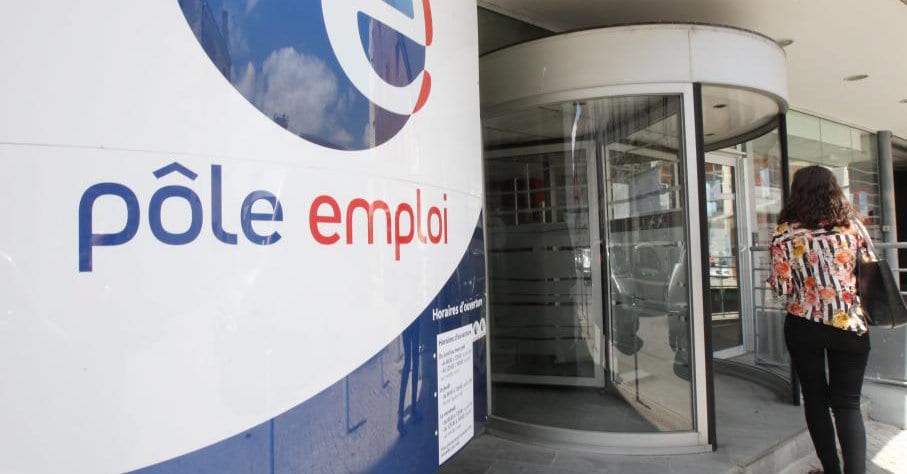
Australia’s anti-money laundering and counter-terrorism agency, Australian Transaction Reports and Analysis Centre (AUSTRAC), has named Monaco as one of the destinations for money transfers that have grown very substantially in volume in recent years. The other two are also both in Europe: Luxembourg and Estonia.
AUSTRAC said that transfers to Monaco had grown at the fastest pace, although from a small amount in 2010, when just 3,347 Australian dollars were sent from Australia to the Principality. The figure had jumped to AUD $1.6 million in 2016, still a very small amount in comparison to other countries.
Of the three small states, it was Estonia that seems to have attracted most of the agency’s attention, with the figure of $77,500 in 2010 growing to $8.9 million this year.
A former AUSTRAC intelligence official who now works in the private sector, Todd Harland, said: “The purpose of financial intelligence is to provide triggers. If anything, that [increase] is a trigger for a question.”
However, in terms of overall international money transfers originating in Australia, all three European destinations are dwarfed by China, which received $1.3 billion in transfer requests this year. Mysteriously, the US, identified by many observers as a growing magnet for “offshore” funds, attracted just $400 million in 2016, compared to $1.3 billion in 2010.
READ ALSO: Monaco Minister of Finance: What non-residents need to know
READ ALSO: Important step in tax transparency
READ ALSO: Ireland blacklisted as tax haven



